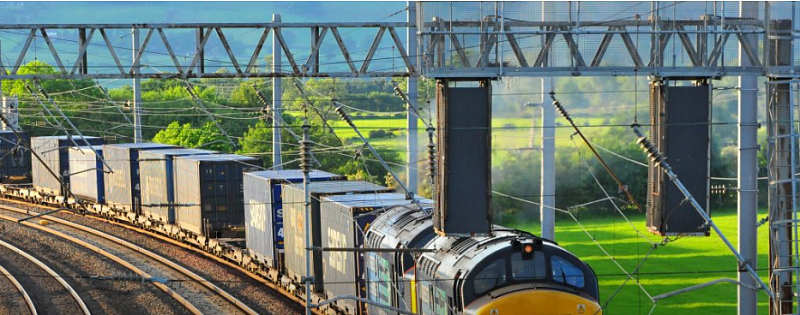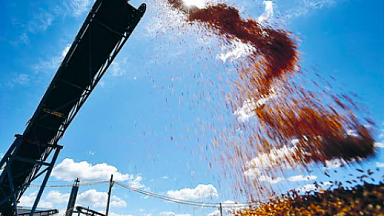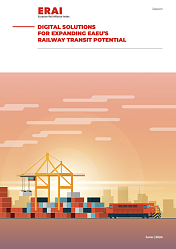Among others, the participants discussed the steps that need to be taken to remove the obstacles that prevent rail freight from developing even more. Communication and mutual understanding are crucial according to Enak Ferlemann, Parliamentary State Secretary of the German Federal Ministry of Transport and Digital Infrastructure. Additionally, building on the tradition of the declarations of Rotterdam (2016) and Vienna(2018), and forwarding joint European planning and thinking is equally important.
Green labelling
Sigrid Nikutta, CEO of DB Cargo, provided quite a few intriguing viewpoints regarding the possible developments on rail freight. However, what caught the attention most, and was joyfully accepted by all participants, was her proposal for the green labelling of transported products. To be more specific, she stretched the importance of raising consumer awareness concerning the ways that products are transported before reaching their table. «We need consumers to realise that there are more things to consider apart from biological products», said Nikutta. Consequently, the goal is to reach a point, soon, where products will bare a green label indicating that they are «sustainably transported by rail», she added.
Such a move can work as a strong statement and as a legitimisation of the claims that rail is the most sustainable mode of transport. Many people are, unfortunately, still unaware of this fact. As a result, by adding green transportation labels on products, consumers will be fully conscious of what they are purchasing and of its impact on the environment.
Single wagon transportation
Regarding the implementation of measures that will help rail freight reach a higher level, most of the discussion revolved around single wagon transportation. Specifically, it was mentioned that single wagon trains are the future of rail because they enable the easier loading of containers from trucks to trains. Consequently, they can facilitate combined transport and the modal shift towards rail even more.
Another interesting part of the event concerned the needed investments for the application of changes in digital infrastructure, and for the implementation of policy measures. As Walter Goetz, Head of Cabinet of Transport Commissioner Adina Valean, said: «What we need in the end to realise our objectives are investments». However, the rail sector should not seek them only in the European Union. «Governements and the EU are the enablers of changes», but at the moment," we need innovation and competition that can only result from private investments", he concluded.




